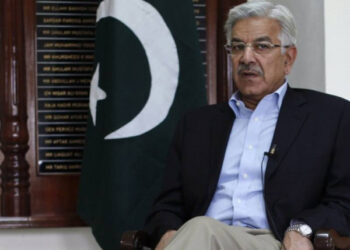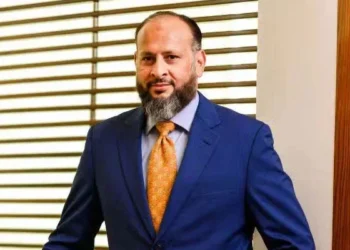In a fresh controversial move, the BJP-led government under Prime Minister Narendra Modi has effectively banned the call to prayer (Azaan) via loudspeakers in Mumbai mosques, a move Muslim communities are calling a severe blow to their religious freedom.
According to police claims, the city of Mumbai has been made entirely “loudspeaker-free.” Mumbai Police Commissioner Deven Bharti stated that the removal of public address systems from all religious sites across the city has been completed, making Mumbai free of noise.
Following the loudspeaker ban, many mosques and worshippers in Mumbai have started using an “Online Azaan” mobile app to receive prayer call timings. This app, developed by a company in Tamil Nadu, is rapidly gaining popularity among mosques and individuals in Mumbai.
Features of the app include notifications for all five daily prayers, mobile alerts for congregational prayers, and direct Azaan audio announcements via smartphones.
Indian Muslims say this restriction violates their constitutionally guaranteed religious freedom. The Modi administration has already targeted the Muslim community through actions against hijab, animal sacrifice, religious schools (madrasas), and mosques in several states. Now, even the fundamental religious identity of Azaan faces restrictions.
On social media, Muslim citizens and religious leaders have condemned the move, calling it hidden hatred and a stain on secular India’s image. They argue that exclusively targeting mosques is a clear sign of prejudice and discrimination, especially since temples and other places still use loudspeakers during events.
This issue could spark discussions not only in Indian domestic politics but also at international human rights forums. The United Nations, Human Rights Watch, and Amnesty International have previously raised concerns over India’s treatment of religious minorities.
Observers say this action is part of a systematic campaign by the BJP government to silence Muslims religiously. Azaan, which has served for centuries as a call to worship, is now being reduced to a mobile notification. One citizen remarked, “We don’t need loudspeakers, we need the right to worship. A mobile app cannot replace our faith.”





















